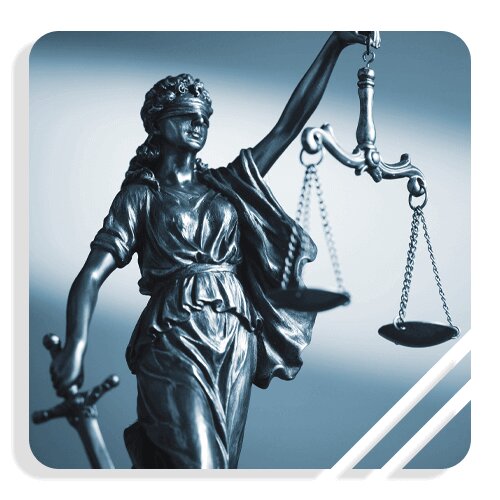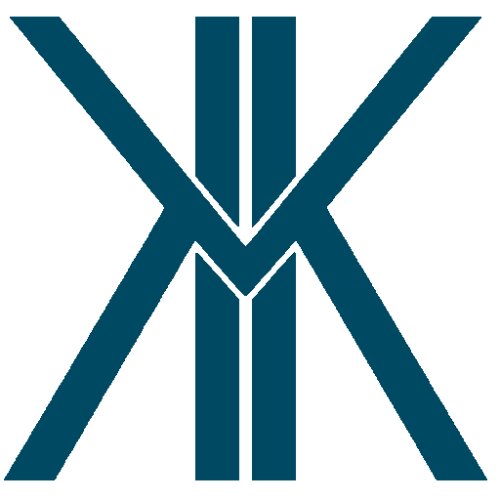Best Bankruptcy & Debt Lawyers in İzmit
Share your needs with us, get contacted by law firms.
Free. Takes 2 min.
List of the best lawyers in İzmit, Turkey
Turkey Bankruptcy & Debt Legal Articles
Browse our 1 legal article about Bankruptcy & Debt in Turkey written by expert lawyers.
- Navigating Corporate Debt in Turkey: A Guide for Businesses
- In today's challenging economic climate, many businesses in Turkey find themselves struggling with commercial debt. Whether your company is dealing with business loans, trade liabilities, or other financial obligations, understanding the available debt relief options is crucial for regaining financial stability and ensuring operational viability. This guide explores the various... Read more →
About Bankruptcy & Debt Law in İzmit, Turkey
Bankruptcy and debt law in İzmit, Turkey is regulated under the general Turkish legal system and offers individuals and businesses a structured way to handle financial distress. The aim is to either restructure the financial obligations so that they can be met over time or to provide relief by discharging some or all of the debts. Whether you are a debtor facing bankruptcy, or a creditor seeking to recover debts, understanding the local laws and procedures is crucial to navigating the complexities of bankruptcy and debt matters in İzmit.
Why You May Need a Lawyer
Emerging financial difficulties can be overwhelming, and legal complexities only add to the challenge. A lawyer experienced in bankruptcy and debt law can help you understand your options, protect your rights, and guide you through legal procedures. Here are some common situations where a lawyer could be invaluable:
- Individuals or businesses seeking to file for bankruptcy to discharge or reorganize debts.
- Creditors looking to recover owed debts from individuals or businesses.
- Negotiating with creditors to reduce your debt or restructure payment plans.
- Defending against foreclosure, repossession, or garnishment of wages and assets.
- Understanding and navigating the local bankruptcy and debt recovery processes.
Local Laws Overview
Bankruptcy and debt recovery in İzmit is governed by Turkish Bankruptcy Code, Debt Enforcement and Bankruptcy Law No. 2004. Here are key aspects of local laws:
- Insolvency Proceedings: The law provides for two main types of bankruptcy: Liquidation and Reorganization. Liquidation involves selling debtor's assets to repay creditors, whereas reorganization aims to restructure the debtor's obligations to keep the business running.
- Debt Enforcement: Creditors can initiate debt enforcement procedures, including seizures or garnishments, following a court order.
- Automatic Stay: Upon filing for bankruptcy, an automatic stay is often issued which halts most collection actions against the debtor's assets.
- Creditor's Rights: Creditors have the right to file claims and attend creditors' meetings to have a say in the proceedings.
- Discharge of Debts: Certain debts can be discharged, releasing the debtor from personal liability, while others like taxes and fines usually survive bankruptcy.
Frequently Asked Questions
What is bankruptcy?
Bankruptcy is a legal process where an individual's or business's assets are evaluated and used to repay outstanding debts. It can provide relief and a fresh start for debtors who cannot meet their debt obligations.
What types of bankruptcy are available in Turkey?
The two main types are Liquidation (where debtor's assets are sold and proceeds distributed to creditors) and Reorganization (where debtor's assets are restructured to allow partial debt repayment and continued business operation).
How do I declare bankruptcy in İzmit?
You must file a petition with the local court, after which the court will evaluate whether you qualify for bankruptcy relief. It is advisable to consult a lawyer to ensure the correct procedure and documentation.
What debts can be discharged in bankruptcy?
Unsecured debts such as credit card debt, personal loans, and medical bills can typically be discharged. However, secured debts, taxes, child support payments, and fines are generally non-dischargeable.
How can I prevent foreclosure during bankruptcy?
Filing for bankruptcy usually initiates an automatic stay which temporarily halts foreclosure proceedings. Your lawyer can help you negotiate with creditors to modify your loan under reorganization bankruptcy.
What is an automatic stay?
An automatic stay is a legal provision that immediately stops most collection activities by creditors once a bankruptcy petition is filed.
How long does the bankruptcy process take?
The timeline for bankruptcy varies; liquidation can take a few months, while reorganization can span several years. A lawyer can provide a more accurate estimate based on your individual circumstances.
What happens to my assets during bankruptcy?
In liquidation, non-exempt assets will be sold to pay creditors. Exempt assets (like necessary personal belongings and tools of trade) are protected. Under reorganization, assets are retained but subject to an approved repayment plan.
Can creditors still contact me during bankruptcy?
Once an automatic stay is in place, creditors are barred from contacting you directly regarding debts. All communications must go through your legal representative or the bankruptcy court.
What are my options if bankruptcy is not right for me?
Other than bankruptcy, options include debt consolidation, negotiation for lower interest rates, and debt settlement. Legal advice can be invaluable in assessing the best route for your situation.
Additional Resources
For further information and assistance, the following resources and organizations can be helpful:
- İzmit Bar Association: Provides legal resources and referrals to qualified lawyers specialized in bankruptcy and debt law.
- Ministry of Justice: Offers insights into the Turkish legal system including bankruptcy and debt enforcement procedures.
- Local Courts: Information on filing procedures, necessary documentation, and case status.
- Consumer Protection Associations: Guidance and support for individual debt issues.
Next Steps
If you need legal assistance regarding bankruptcy and debt, follow these steps:
- Consult with a lawyer specialized in bankruptcy and debt law. It's critical to choose someone familiar with the local regulations and practices in İzmit.
- Gather all relevant financial documents, including debts, assets, income statements, and existing lines of credit.
- Discuss your options thoroughly with your lawyer, including potential outcomes for both bankruptcy and alternatives.
- Follow legal advice on next steps, whether it's filing a petition, negotiating with creditors, or another course of action.
- Maintain clear and consistent communication with your legal representative to ensure that all actions taken are in your best interest.
Understanding and navigating bankruptcy and debt issues can be challenging, but with the right legal assistance, you can achieve a resolution that helps you move forward financially.
Lawzana helps you find the best lawyers and law firms in İzmit through a curated and pre-screened list of qualified legal professionals. Our platform offers rankings and detailed profiles of attorneys and law firms, allowing you to compare based on practice areas, including Bankruptcy & Debt, experience, and client feedback.
Each profile includes a description of the firm's areas of practice, client reviews, team members and partners, year of establishment, spoken languages, office locations, contact information, social media presence, and any published articles or resources. Most firms on our platform speak English and are experienced in both local and international legal matters.
Get a quote from top-rated law firms in İzmit, Turkey — quickly, securely, and without unnecessary hassle.
Disclaimer:
The information provided on this page is for general informational purposes only and does not constitute legal advice. While we strive to ensure the accuracy and relevance of the content, legal information may change over time, and interpretations of the law can vary. You should always consult with a qualified legal professional for advice specific to your situation.
We disclaim all liability for actions taken or not taken based on the content of this page. If you believe any information is incorrect or outdated, please contact us, and we will review and update it where appropriate.
Browse bankruptcy & debt law firms by service in İzmit, Turkey
İzmit, Turkey Attorneys in related practice areas.









